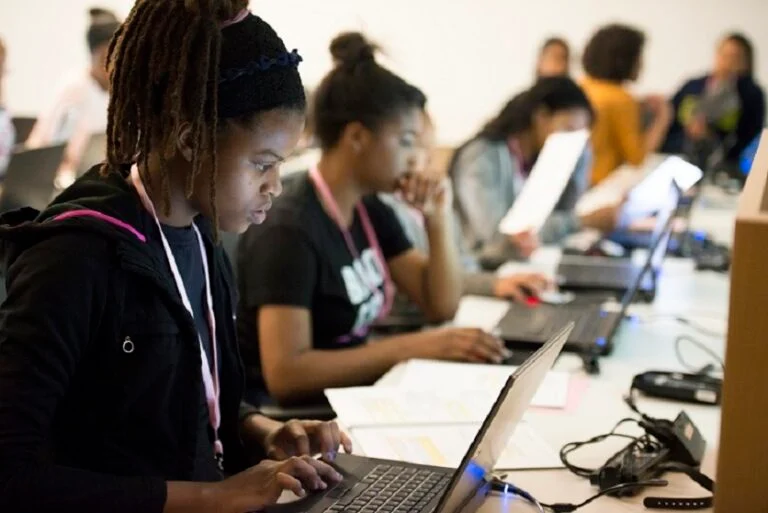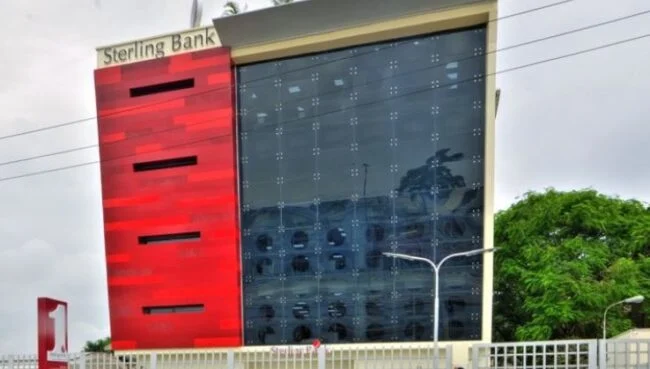The Academic Staff Union of Universities has said its members in universities across the country will embark on another strike soon if the Federal Government fails to implement the Memorandum of Action it signed with the union last year.
The Chairman of ASUU in the Ladoke Akintola University of Technology, Ogbomoso, Dr Biodun Olaniran, and Secretary, Dr Toyin Abegunrin, who said this in a statement issued after the congress of the union held on Monday, stressed that the failure of the government to fully implement the agreements was worrisome.
The union said it had resolved to embark on an indefinite strike if the Federal Government fails to accede to its demands within a certain period of time.
It said members had resolved to embark on an indefinite strike since the government was not ready to do the needful.
While asking Nigerians to prevail on the government to avert the impending strike, the union said it had allowed many stakeholders to talk to the government, which had portrayed the union as a dog, which could only bark but could not bite.
The statement read in part, “Our union, ASUU, is using this medium to call upon the Federal Government of Nigeria once again to implement the agreement it signed with ASUU. It is unfortunate to mention that the FG signed an agreement with the ASUU since 2009, but the agreement is not implemented till date.
“The agreement was renegotiated in the name of peace. But to our dismay, the government has refused to sign the renegotiated agreement. In order to make the implementation of the agreement easy for the FG, the union has limited its demand to only three.
“These include the signing/implementation of the renegotiated agreement of 2009; and the adoption of the University Transparency and Accountability Software instead of the controversial IPPIS.”
Similarly, the Chairman, ASUU, Kwara State University, Malete, Dr Salau Sheu, said that the Federal Government was trying to dodge its responsibility by directing ministers to oversee the implementation of the MoA.
He said, “It is wrong for President Muhammadu Buhari to assign two ministers to oversee the implementation of the Memorandum of Action signed last year with ASUU. First, the assigned ministers are not part of the agreement. Only the ministers of Finance and Education were part of the agreement. The Federal Government is trying to take away university autonomy through its designed programmes and it is trying to shy away from implementing the resolutions of the negotiations.
“ASUU is having its National Executive Council meeting at the University of Lagos on February 12 and 13. If nothing is done by the government between now and then, the lecturers may go on strike.”
However, the Chairman of the University of Ilorin branch of ASUU, Prof Moyosore Ajao, said the branch would observe the work-free day today (Tuesday.)
Members of the University of Abuja chapter of the union are set to meet on Wednesday over the proposed industrial action.
The Chairman of the union, Dr Kasim Umaru, disclosed this in an interview with one of our correspondents on Monday.
Umaru explained that members of ASUU in the chapter would meet on Wednesday and come up with resolutions.
“We are meeting this week, precisely on Wednesday, and we are going to make our own resolutions. The government has failed to honour our demands times without numbers. The plan is to hold our congress on Wednesday, make our own decision and transmit it to the national body,” he stated.
Meanwhile, a member of the ASUU National Executive Council, who spoke to one of our correspondents on condition of anonymity, stated that the union would have no choice but to embark on another strike.
“At this point, we have no choice but to go on strike; that is the only language the government understands. We have been going back and forth, but it seems as if they are not ready to listen and do what is right,” the NEC member said.


 BIG STORY3 days ago
BIG STORY3 days ago
 BIG STORY3 days ago
BIG STORY3 days ago
 BIG STORY12 hours ago
BIG STORY12 hours ago
 BIG STORY2 days ago
BIG STORY2 days ago
 BIG STORY3 days ago
BIG STORY3 days ago
 BIG STORY7 hours ago
BIG STORY7 hours ago
 BIG STORY1 day ago
BIG STORY1 day ago
 BIG STORY2 days ago
BIG STORY2 days ago






















